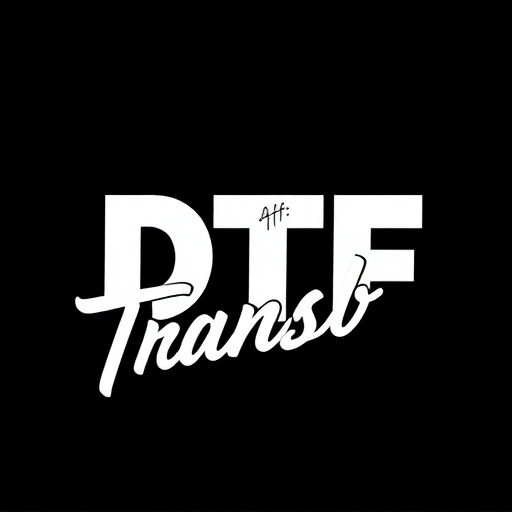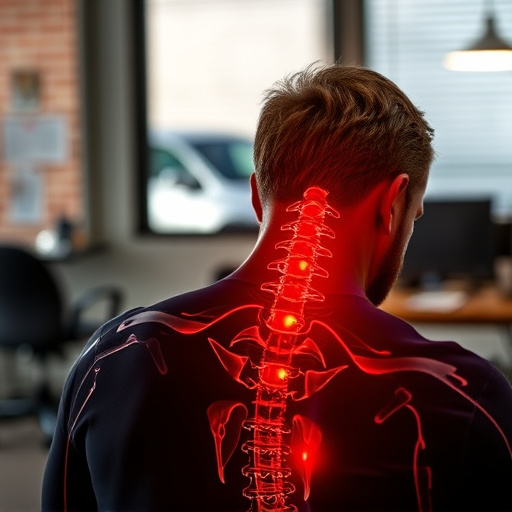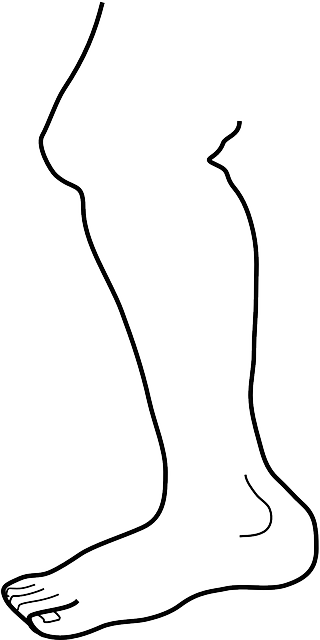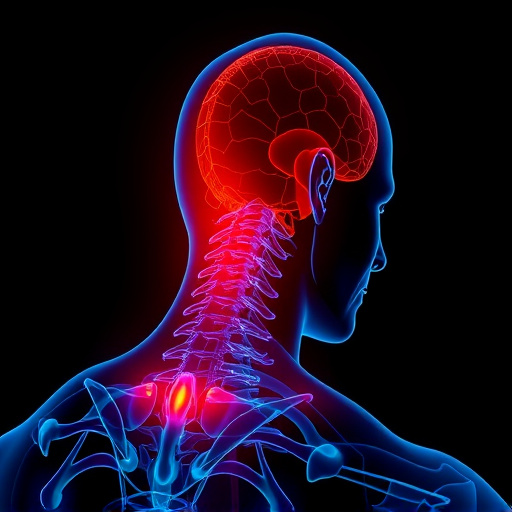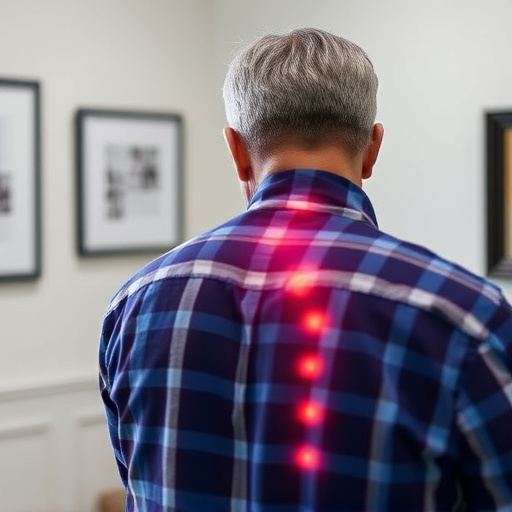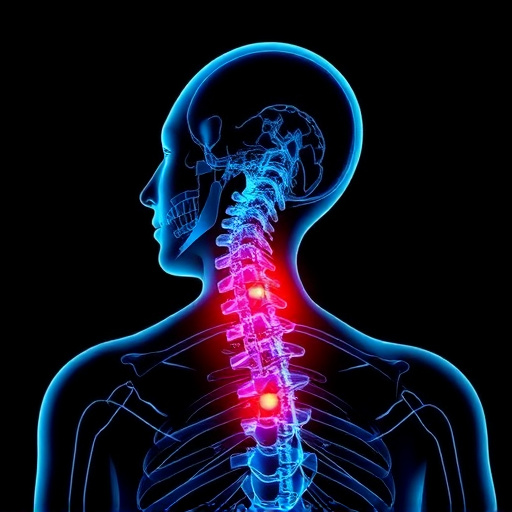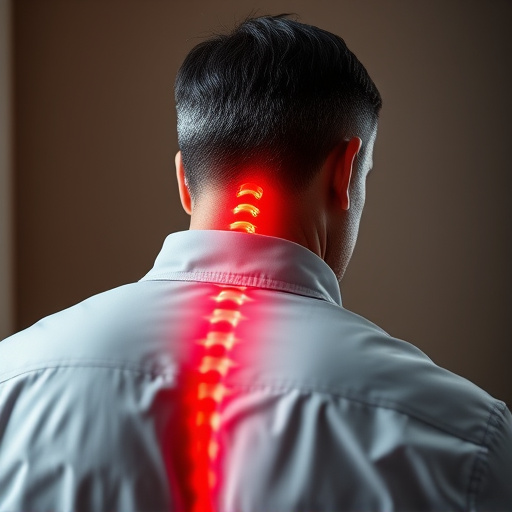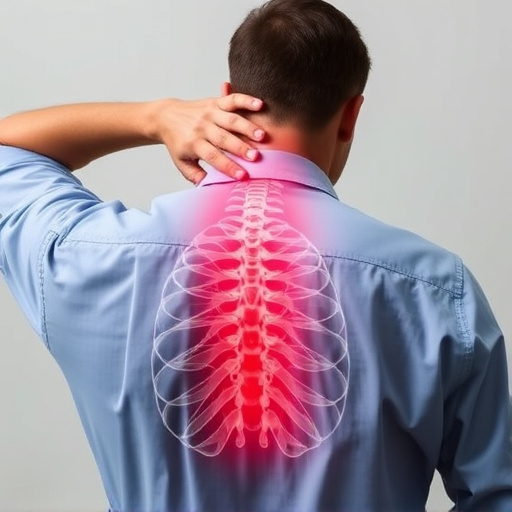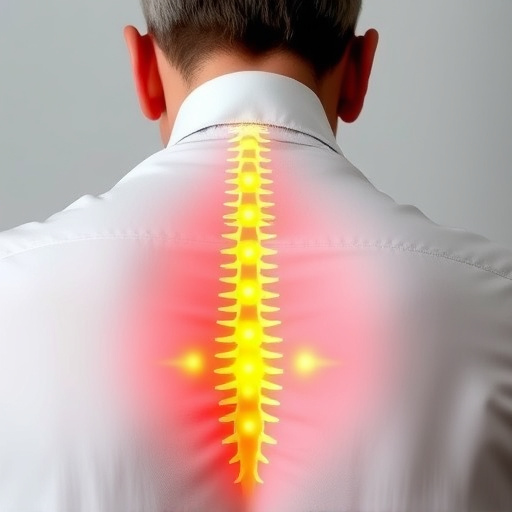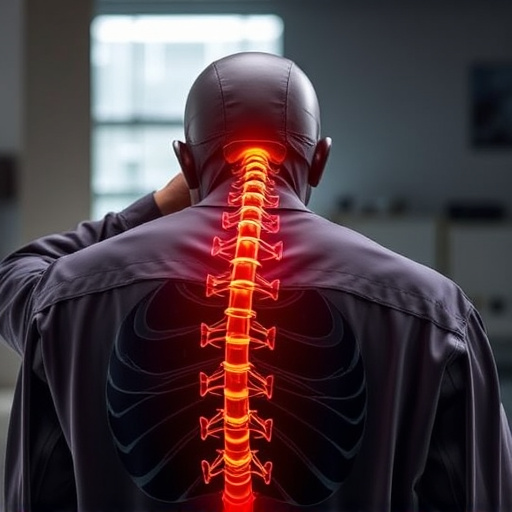Traffic incidents causing injuries, from minor fractures to severe TBI, require immediate medical attention and specialized healing services, with workers compensation insurance playing a vital role in supporting those hurt on the job. This system funds tailored healthcare, including medical expenses, rehabilitation, therapy, and adaptive equipment, ensuring individuals receive comprehensive care for both physical trauma and psychological distress. Prompt reporting, documentation, and gathering of evidence are crucial for initiating recovery and securing reimbursement. A holistic healing plan focusing on physical, mental, and emotional aspects, along with access to support groups and community resources, facilitates faster healing and improved quality of life through specialized workers compensation injury care programs.
After a traffic incident, immediate focus shifts from survival to healing. Understanding the spectrum of injuries sustained, from physical to emotional, is crucial for effective recovery. This article delves into the comprehensive process of healing and recovery services, exploring key aspects like workers’ compensation funding for care, creating holistic healing plans, accessing specialized healthcare, and supporting emotional well-being. By understanding these steps, individuals can navigate their path to long-term wellness post-accident.
- Understanding Traffic Incident Injuries and Their Impact
- The Role of Workers Compensation in Funding Care
- Immediate Steps for Effective Recovery After a Crash
- Creating a Holistic Healing Plan for Long-Term Wellness
- Accessible and Specialized Healthcare Services
- Supporting Emotional Recovery and Returning to Daily Life
Understanding Traffic Incident Injuries and Their Impact
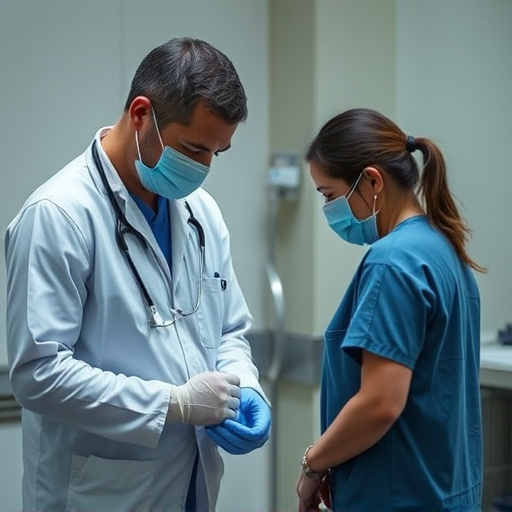
Traffic incidents can result in a range of injuries, from minor cuts and bruises to severe fractures and traumatic brain injuries (TBI). Understanding these potential injuries and their impact is crucial for effective healing and recovery services. Workers compensation injury care plays a vital role in supporting individuals who have suffered injuries on the job due to traffic-related accidents.
The immediate effects of such incidents can be overwhelming, both physically and emotionally. Victims may experience pain, disorientation, and even long-term cognitive or physical impairments. Prompt medical attention is essential for managing these initial responses and preventing further complications. Workers compensation insurance provides financial support during this challenging time, covering medical expenses and helping individuals navigate the recovery process with dignity and security.
The Role of Workers Compensation in Funding Care

In many jurisdictions, traffic incidents often lead to complex processes for individuals seeking healing and recovery services, particularly when Workers Compensation is involved. This system plays a pivotal role in funding care for those suffering from work-related injuries, including those sustained during or as a result of commuting. Workers Compensation insurance provides financial support for medical expenses, rehabilitation, and even lost wages during the recovery period.
The process facilitates access to specialized healthcare services tailored to workers’ specific needs. This includes physical therapy, counseling for mental health impacts, and adaptive equipment to aid in returning to work. By ensuring these resources are available, Workers Compensation contributes significantly to the overall healing and successful recovery of individuals affected by traffic incidents related to their employment.
Immediate Steps for Effective Recovery After a Crash
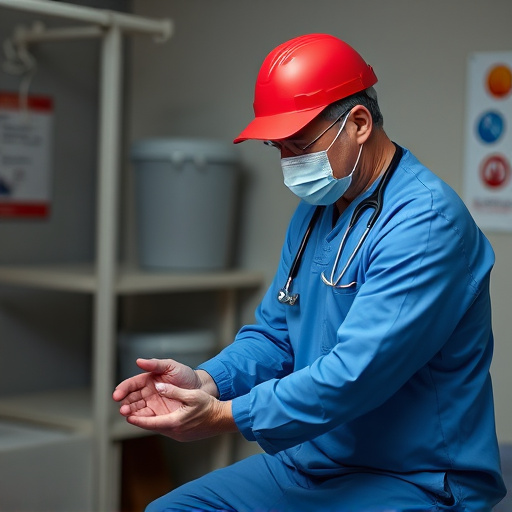
After a traffic incident, the immediate focus should be on ensuring everyone’s safety and seeking necessary medical attention. Prompt action is key to effective recovery and managing potential long-term effects. The first step is to call emergency services if required, and then assess any injuries sustained. In cases of severe trauma or multiple casualties, professional medical help must be prioritized.
For those involved in a crash, it’s crucial to document the incident, exchange insurance details with the other party, and take photographs of the scene and vehicle damage. This evidence can play a significant role in subsequent claims for compensation, including workers’ compensation injury care. Prompt reporting and gathering of information are essential to initiate the recovery process and ensure fair reimbursement for medical expenses and other related costs.
Creating a Holistic Healing Plan for Long-Term Wellness
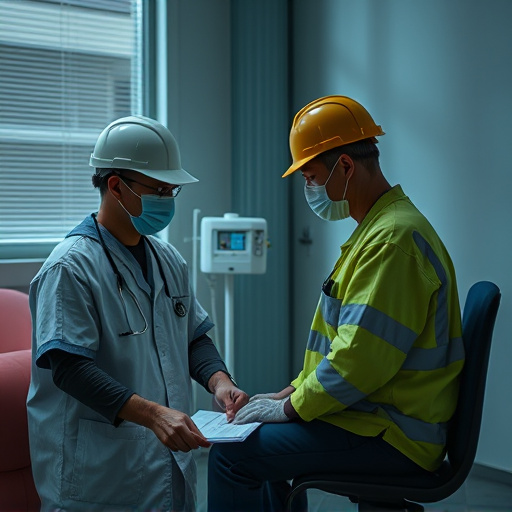
Creating a holistic healing plan is essential for long-term wellness after a traffic incident, encompassing physical, mental, and emotional recovery. This approach considers all aspects of an individual’s life affected by the injury, including their ability to work and manage daily tasks. Holistic care can include various therapies like counseling, occupational therapy, and physical rehabilitation, tailored to address specific needs. By integrating these services, individuals can navigate their workers’ compensation injury care more effectively, promoting faster healing and improved quality of life.
A comprehensive plan might involve setting achievable goals, regular check-ins with healthcare professionals, and access to support groups or community resources. This personalized approach ensures that those affected by traffic incidents receive well-rounded care, fostering resilience and a sense of control as they recover and return to their routines.
Accessible and Specialized Healthcare Services
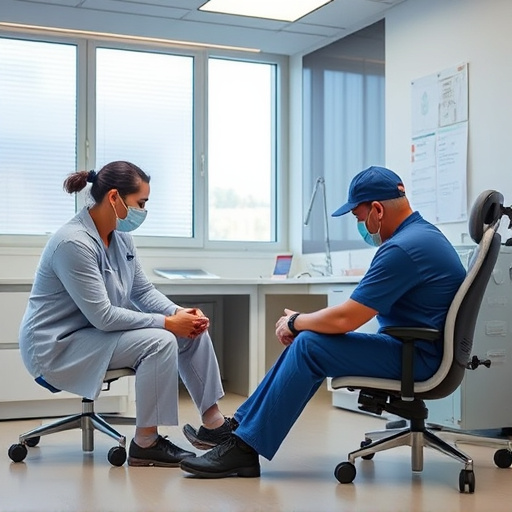
Following a traffic incident, individuals often require specialized healthcare services for their physical and emotional well-being. Many regions offer accessible options tailored to address the unique needs of those involved in such accidents. These services include workers’ compensation injury care, which provides support for employees who sustain injuries on the job. This care ensures that workers receive necessary medical treatment, rehabilitation, and financial assistance during their recovery.
Specialized healthcare facilities are equipped to handle various types of injuries, from physical trauma to psychological distress. They offer a range of services such as emergency medical care, physiotherapy, counseling, and support groups. These specialized programs recognize the multifaceted nature of healing and ensure individuals receive comprehensive care that considers both their physical and mental health in the recovery process.
Supporting Emotional Recovery and Returning to Daily Life

After a traffic incident, emotional recovery is just as vital as physical healing. Many individuals experience shock, fear, and anxiety immediately following such events, which can persist even after the injuries have healed. Supporting services should focus on addressing these psychological impacts, offering counseling and therapy to help victims process their trauma and regain emotional stability. This aspect of recovery is crucial for returning to daily life, as it enables individuals to face their experiences head-on, rebuild their confidence, and develop coping mechanisms for future challenges.
Workers compensation injury care should encompass holistic support, recognizing that physical and emotional well-being are interconnected. By providing resources for mental health services, employers and insurance providers can facilitate a smoother transition back to work or daily routines. This includes offering flexible schedules, counseling sessions tailored to individual needs, and a supportive environment that encourages open communication about the incident’s aftermath. Such initiatives contribute to long-term recovery, ensuring individuals are equipped to face life’s challenges with resilience and confidence.





